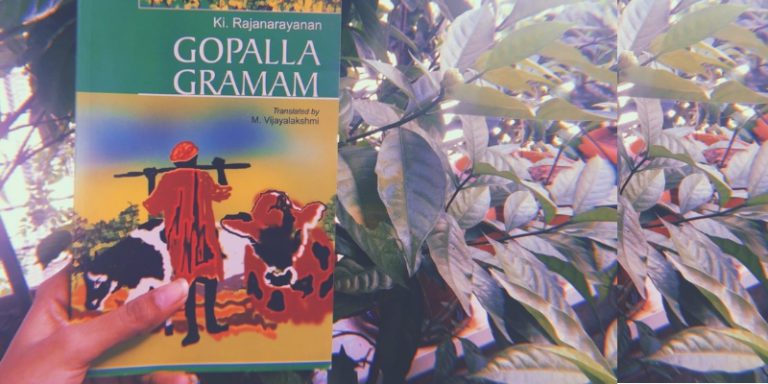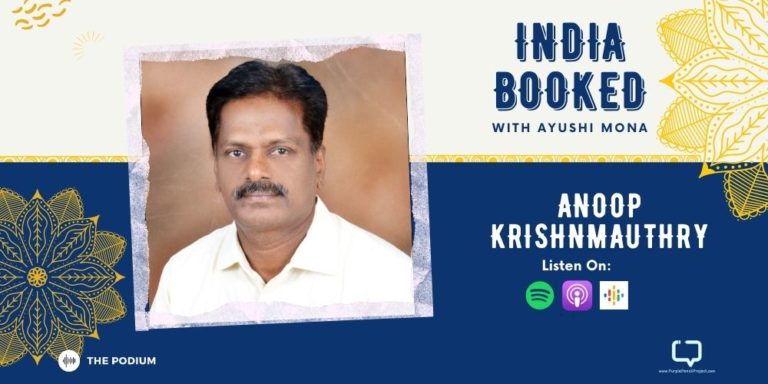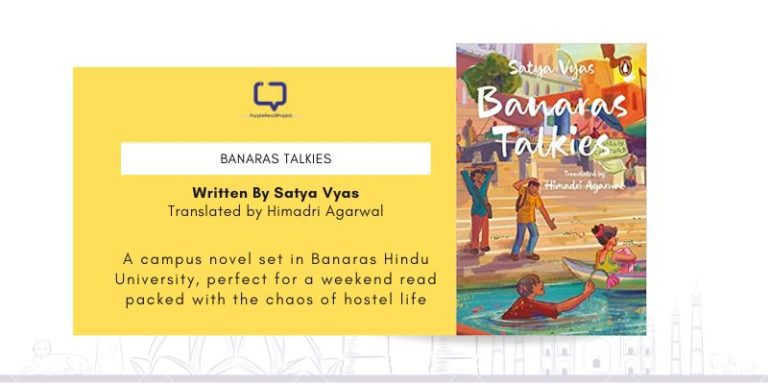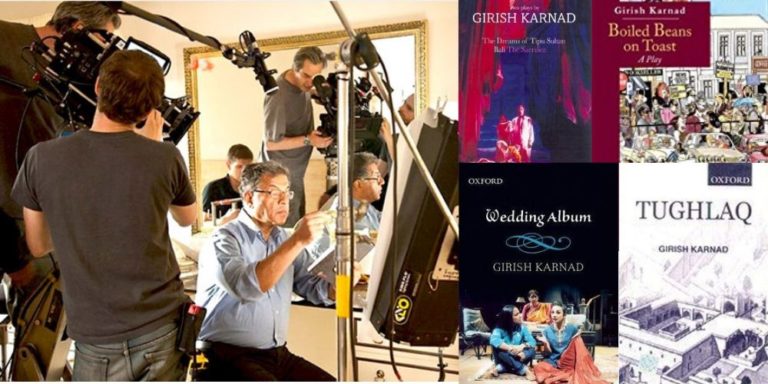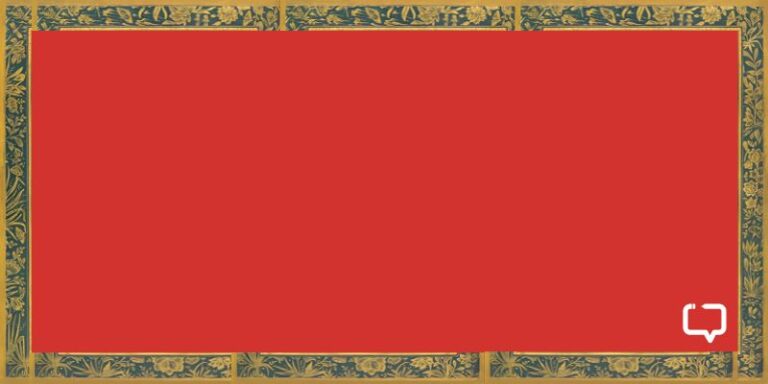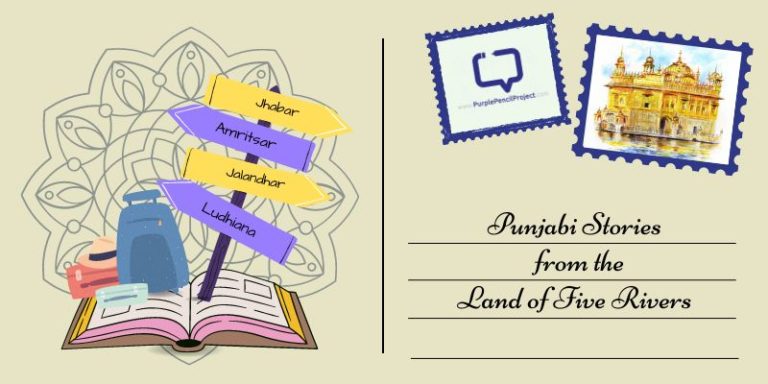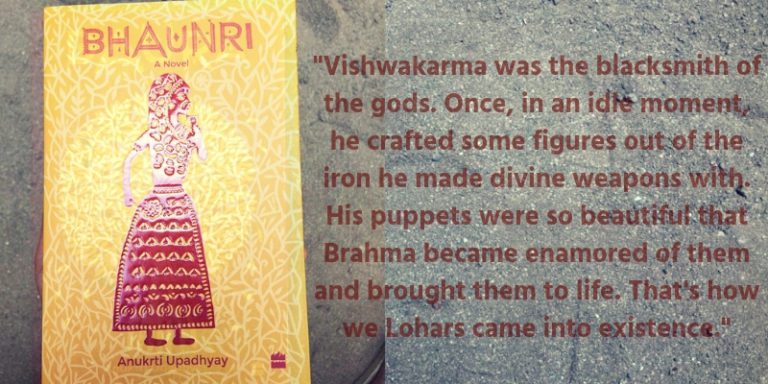To put it simply, The Outcasts by Lidija Stankovikj is one of the most intricate books in recent times. Stankovikj’s writing is almost dreamlike, the narrative fluid yet fluctuating and infused with vivid imagery. Her contemporary, abstract take on India, the land of dichotomies is as refreshing as it is eye-opening.
We encourage you to buy books from a local bookstore. If that is not possible, please use the links on the page and support us. Thank you.
A story of loss, acceptance, and return, it follows the lives of three protagonists who are on the run from their ill-fated lives and undertake the journey of a lifetime, one of self-discovery. The intertwining of their paths and the serendipitous experiences they go through together form the central plot of the story.
The main characters are Tabu, a young, rebellious Muslim woman; a transgender woman with a sharp tongue who goes by the name Chameli; and Santan, an old man, and ascetic who has seemingly abandoned all worldly attachments. Abandonment, hope, death, loss and finally return are the predominant themes in the story.
The Journey
The soul of the story lies in the life-altering journey undertaken by the protagonists. An unlikely trio of social rejects who through a series of chance events find each other when they are all at their lowest and undertake a journey of self-discovery.
Santan, the old man overcomes the dejection of his old age, forgoes death and travels to his birthplace and attains closure from a long-lost love that has haunted him all his life. In his travels, he meets Chameli, a hijra who is running from her past. She is terrified of her bleak future, having spent her life post-transformation, subjected to the blatant rejection she faces from everyone around her.
Like the other two, Tabu is also haunted by her own past. Her mental balance is left shaken by her failed young love and her marriage to an inconsiderate husband, who mistakes her opinionated nature for delusions, and his family who leave her at a dargah to cure her of her jinns. It is at this dargah that Chameli seeks Tabu out and breaks her away from her prison of misery.
This journey of self-discovery that the two women undertake together, led by Santan is divided into five parts in the novel.
What makes us human?
Relationships, the book will tell you. All three of the protagonists have experienced some amount of rejection from their loved ones to varying degrees. Santan despite his jovial nature, carries in his heart the burden of losing his soulmate all his life. He moves on with his life, gets married and fulfils all the duties of a married man but towards the sunset of his life realizes the depth of his error and returns home to find her.
Chameli has spent most of her life being ridiculed, hurt and rejected by those around her for who she is an ‘outcast’. Her family, unable to accept her identity, throw her out of the house; her community takes advantage of her kind nature and the cruelty of humans leaves her feeling hopeless. She too yearns to be accepted and loved, a blessing she finds in her companionship with Santan and Tabu. The camaraderie they share is what helps her find true acceptance and happiness in life.
Tabu’s journey is her wandering in search of true, unwavering love. She tries to mend her sadness by clinging to the hopes of other people but that only leaves her bitter and sad. For the most part, her relationship with her rescuers remains aloof and embittered because unlike them she cannot shed her inhibitions.
Stankovikj’s representation of female bonds, between Tabu and Chameli, is one of the best parts of the novel. She breaks the perpetuation of the woman versus woman ideology to create a grey area, where the relationship is layered, made up of an assortment of emotions including love, understanding, acceptance, jealousy, and even hate.
More than meets the eye
Lidija Stankovikj uses magic and theology to add depth to the characters. She has taken the mysticism associated with Indian culture and beautified it, subtly, without using it as a prop. The characters in The Outcasts are novel, possess unique cultural backgrounds and somehow exhibit fragments of the same sentimentality.
Steeped in superstitions and cultural mores, the India of Stankovikj’s imagination remains contemporary because of how her characters affect and influence them. Santan’s baba is a new take on ageism. As a dreamer, he does not conform to the social norms that are prescribed for old people. He has awakened in the face of death but refuses to shed some of his mortal strings, including those of his first love. He is passionate about life with a zest for adventure and it is his jovial nature that prompts him to seek the friendship of Chameli and later, Tabu.
Chameli sheds the barrier between her identity as a man and a woman to embrace one of the androgynous women. She demystifies the mystery attributed to the hijras by openly expressing her need for acceptance and ultimately love. Tabu’s jinns are figments of her own mind, a result of internalization but she continues to justify her actions through them.
Through the characters of Uncle Kaseem, Abhir, and Apala, Stankovikj unravels the threads of time and fate.
The novel is also deeply political, with underlying tones of intolerance and bias. There are of course transparent elements of bigotry in the general treatment meted out to Chameli and the restrictions imposed on Tabu who as a woman is treated like chattel.
Stankovikj’s The Outcasts is the product of intricate storytelling at the hands of a master craftsperson. Her expertise is seen in her ability to weave together the lives of three different people from very different walks of life into one fluid narrative. I found myself enchanted by the imagery she conjured through her words, an engagement that had me rooting for the characters until the very end.
Favourite Quote:
“Those stringed flowers, each one gleaming like the white spaced teeth of that dear old man, smelled exactly like the soul of the only woman who had ever truly stood by her side.”
Final Verdict: An engaging read. Stankovikj beautifully amalgamates fiction and theology to create a contemporary story of self-discovery. Get the book (I love the cover, simple and aesthetic) and display on it your bookshelf.
Recommended: For readers who enjoy contemporary fiction and philosophical books, and who want to understand the human experience intimately.
*Purple Pencil Project received a copy of this book from the publishers. This has in no way affected the review itself. Purple Pencil Project promises to maintain objectivity in all its content.











